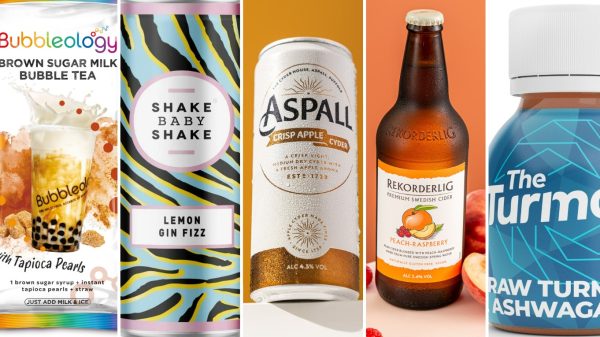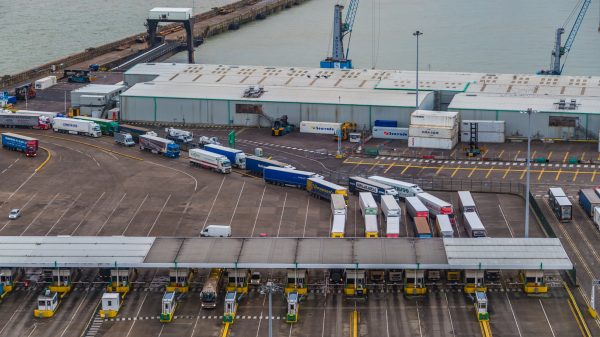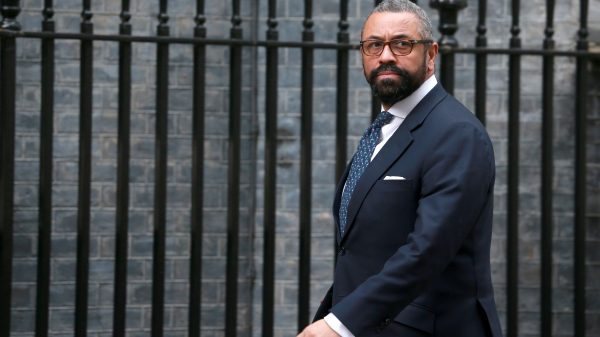Food prices increased by 16.9% in the 12 months to December 2022, despite inflation dipping to 10.5%, according to new data.
The Office for National Statistics (ONS) revealed the the Consumer Prices Index (CPI) dropped to 10.5% last month, largely attributed to the falling fuel prices.
Food inflation was the highest rate since September 1977. However, the dip in the CPI was over five times greater than the Bank of England’s target of 2%.
Subscribe to Grocery Gazette for free
Sign up here to get the latest grocery and food news each morning
Household essentials including milk, cheese and eggs saw the largest increases, alongside sugar, jam, honey and chocolate as well as soft drinks and juices, which also saw an increase
However, price growth slowed for bread and cereals, the data revealed.
ONS chief economist Grant Fitzner told the BBC’s Today programme that a a drop in inflation was attributed to cheaper petrol prices had dropped 8p per litre last month, while diesel had fallen by 16p per litre.
In December, average petrol and diesel prices stood at £1.55 and £1.79 per litre, respectively.
“It is important to point out although we’ve seen a second consecutive easing, it is fairly modest fall and inflation is still at a very high level with overall prices rising strongly,” he added.
“For now, the cost of living crisis is set to continue. 10.5% inflation may be better than we’ve seen recently but is still eye-watering by most standards,” Wealth Club investment analyst Nicholas Hyett said. “A winter of strikes ahead yet see ‘stickier’ wage driven inflation gathering pace too.”
However, McKinsey partner Kevin Bright stated, despite this “clearly” moving in the right direction, households will still be “feeling the pain” across essential categories including food and drink, where prices are up an by an average of 21.7%.
“This slight slowdown in inflation is unlikely to be a relief to household budgets,” he said.
ID Crypt Global CEO and founder, Lauren Wilson-Smith, continued: “While inflation remains high there are a few silver linings to take, with the previously high cost of fuel continuing to subside, which should prevent any periods of prolonged petrol pump queuing in 2023.
“We’ve also seen a reduction in the cost of clothing and recreation, but it’s fair to say that the average household will see little benefit, as the core costs of living continue to swallow any disposable income they may have had to spend on what can currently be considered luxury purchases.”










